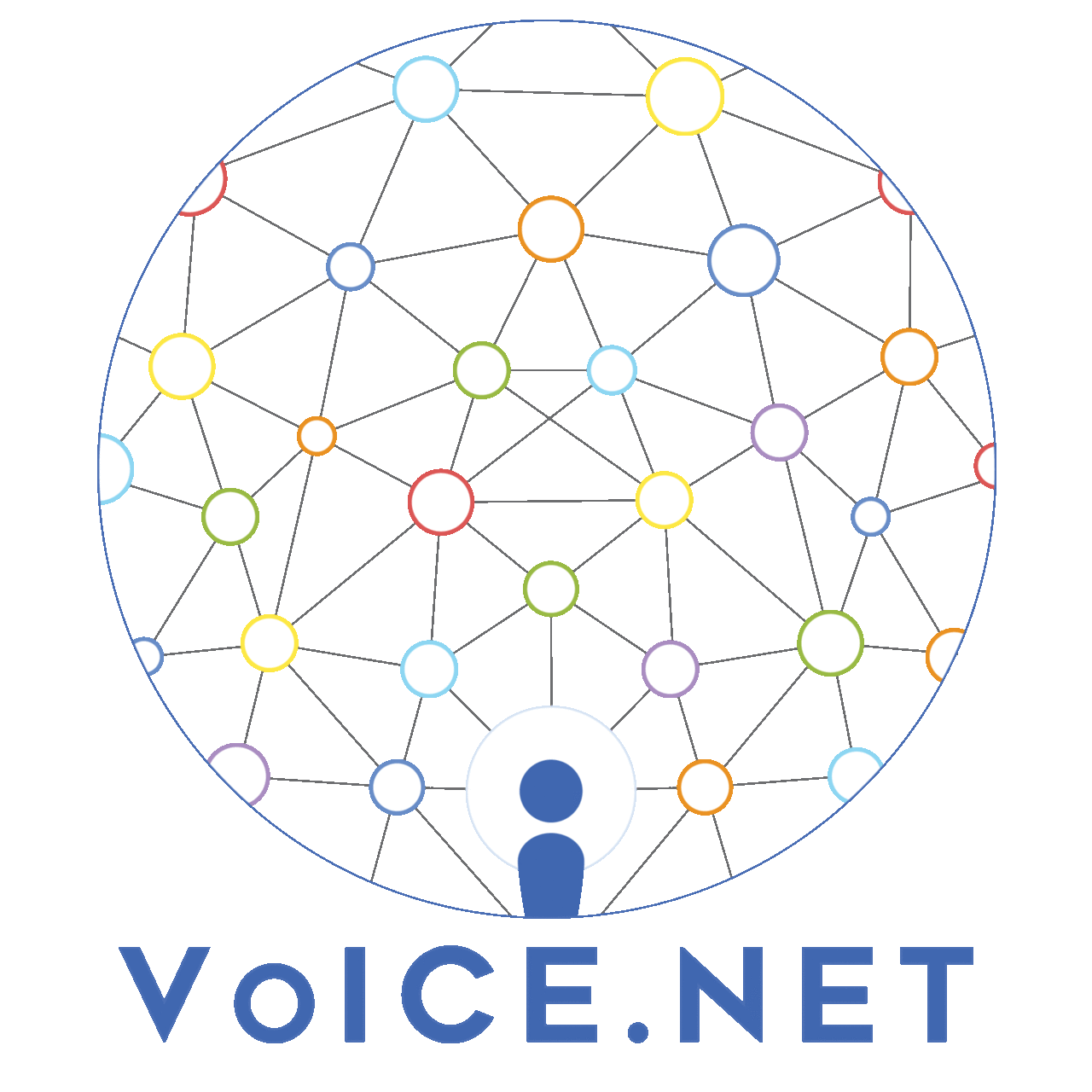
Global Knowledge Network On Voter Education - learning from each other
According to the last Census of Nepal (2011), about two percent of the total population has some kind of disability. As per the report, physical disability consists of about 36 percent of the total number of the disabled followed by low vision (18%) and the deaf (15%). The number having multiple disabilities is about 7 percent of the total disabled.
The Constitution of Nepal has ensured the rights of the persons with disabilities to education, social security and social justice. For the political participation of the persons with disabilities in the state affairs, the Constitution has also made necessary provision for their representation through the electoral system in both the House of Representative and the state assemblies.
In line with the major national policies and the legislations, the Election Commission of Nepal has formulated its Gender and Inclusion Policy as well as the Strategic Plans. All these policy documents make arrangements for the mainstreaming and promotion of the persons with disabilities (PWDs) with adopting different measures particularly in the process of election management. Some of the concrete initiatives taken as per the given legislations and the policies can be portrayed as follows:
A) Constitutional Provisions
The Constitution of Nepal under the right to equality ensures that special provisions can be made to empower and promote the persons with disabilities along with other minorities. Similarly, article 42 of the Constitution, right to justice states that the PWDs have right to participate in the state bodies on the basis of inclusive principles. It also provides for the right of the PWDs to live with dignity. The guiding principles of the state also ensure that the transportation and infrastructures are to be disabled friendly. More importantly, the Constitution has also provisioned that the political parties, while filing candidacy in the House of the Representatives and the State Assembly under the closed list proportional system, have to provide for the representation of the persons with disabilities.
B) Legal and Strategic Provisions
Being based on the Constitution, the Commission has drafted electoral laws which have adequately addressed the issues of political inclusion of the PWDs and other minority groups. As per the Strategic Plan of the Commission, principle of inclusion and the principle of participation are some of the guiding principles for the execution of the everyday activities of the Commission. The Strategic Plan also stresses on the voter education and outreach activities targeted for the minorities. It has also sought the provision of a separate official to assist the PWDs in the polling process.
C) Electoral procedural Aspects
The Commission has initiated the legal and policy provisions in action most possibly in all the electoral infrastructures and the processes including voter registration.
1. Disable friendly infrastructure
The Commission annually allocates a certain portion of the budget for constructing the ramps in the polling locations. So far it has constructed 51 ramps so as to facilitate easy access to the PWDs in the voter registration and the polling process.
2. Capacity Building initiatives
For the development of the capacity of the PWDs, the Commission has conducted BRIDGE training (Access to Electoral Process) and other disable focused trainings. Such trainings include, training to the deaf and to the visually impaired. Required resource materials for the deaf has been prepared with more visuals and simplified language while for the visually impaired, materials have been generated in the brail script and distributed to them.
3. Voter Registration initiatives
The Commission, considering the access of the PWDs and voters in the geographically remote places, conducts periodic voter registration campaigns. Moreover, in the registration process, the the registration software has been designed in such a way that if there is someone with disability, his/her disability type is recognized, categorized and registered in the registration process.
4. Poll Day initiatives
The Commission has managed the fast access facility and the voting assistance facility to the PWDs in the polling process. On the poll day, a PWD does not have to be in a queue and if he or she is fully unable to caste the vote without assistance, the polling officer or the his/her nearest relative can assist him/her in casting the vote.
5. Voter Education
The Commission has also been making efforts to produce disable friendly leaflets, posters and other materials for the promotion of voter education among the PWDs. The Commission has also mobilized some of the the non-governmental organizations for this purpose.
Finally, Election Commission of Nepal is in the contiguous process of taking different initiatives for the promotion and mainstreaming the PWDs in the electoral process in Nepal. Different stakeholders and development partners have also been supporting the Commission for this.
Election Commission of Nepal.